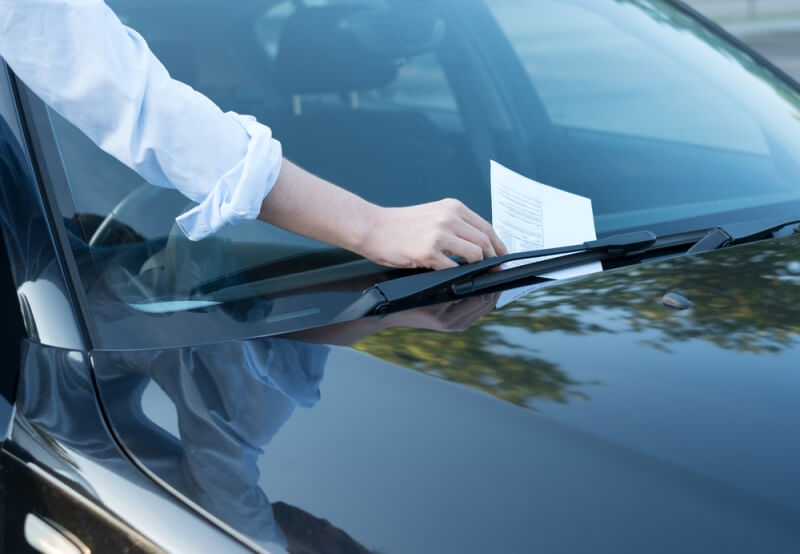When talking about traffic violations, you may hear the terms ticket and citation a lot. If you are like many drivers, this has left you wondering what the difference is. The short answer is that they are the same thing and can be used interchangeably.
The term citation means an official summons, particularly one that calls for you to appear in court. Similarly, the legal term ticket means a legal summons for a violation. Although the word citation is used in a few legal contexts, when the police and vehicles are involved, it means the same thing as a traffic ticket.
Types of Citations
Navigating the terminology of tickets can make you feel like you need a traffic lawyer. While there are many situations in which legal help is needed, understanding a few basic terms can be a good way to get started on your own. There are a few ways to classify traffic citations.
- Penalty or Warning: A traffic ticket can be a penalty that has a fine or other punishment associated with it. However, police officers can also issue warnings in some situations. These are official citations but don’t require any further action.
- Moving or Non-Moving: This distinction is simple: whether or not your driving is relevant. Moving violations include speeding and reckless driving. Non-moving violations include parking infractions and non-functioning safety equipment such as brake lights.
- Criminal or Non-Criminal: Many traffic violations are not criminal. However, reckless driving, driving under the influence and other infractions that pose a serious threat may be classified as criminal.
Understanding the World of Traffic Tickets
Traffic ticket and citation are not the only terms that confuse people. If you, like many other drivers, feel overwhelmed by the complexities of traffic law, looking searching for a “traffic ticket lawyer near me.” An experienced team can help you better understand what you are facing and what your options are for fighting tickets.

